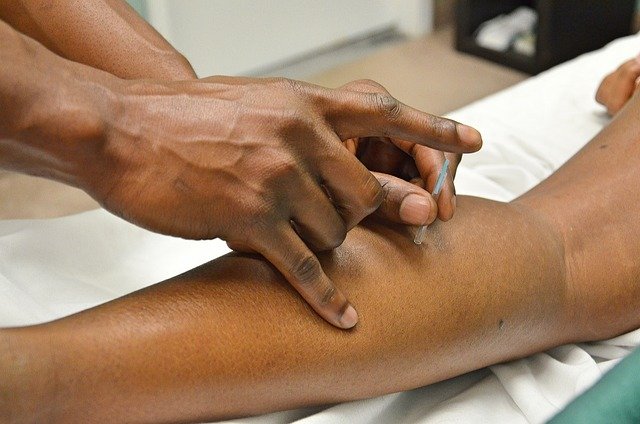Knee Pain Treatment: Understanding Gel Injections for Arthritis Relief
Knee pain can significantly impact one's quality of life, limiting mobility and causing discomfort during everyday activities. For those suffering from osteoarthritis or other knee joint issues, gel injections have emerged as a promising treatment option. This article explores the use of gel injections for knee pain, particularly focusing on their application in cases of bone-on-bone conditions and arthritis relief.

What are Gel Injections for Bone on Bone Knee Conditions?
Gel injections, also known as viscosupplementation, involve the injection of a gel-like substance into the knee joint. This substance, typically hyaluronic acid, acts as a lubricant and shock absorber. For patients with bone-on-bone knee conditions, where cartilage has significantly worn away, these injections can provide a cushioning effect, reducing pain and improving joint function.
How Do Knee Gel Injections Provide Arthritis Relief?
Knee gel injections for arthritis relief work by supplementing the synovial fluid in the joint. In healthy knees, this fluid acts as a natural lubricant. However, in arthritic knees, the quality and quantity of synovial fluid decrease. By injecting hyaluronic acid, the treatment aims to improve joint lubrication, reduce inflammation, and potentially slow down the progression of osteoarthritis.
What Are Common Knee Injection Side Effects?
While generally considered safe, knee gel injections can have side effects. The most common include:
-
Pain or swelling at the injection site
-
Temporary increase in knee pain
-
Redness or warmth around the knee
-
In rare cases, infection or allergic reactions
It’s important to discuss potential side effects with a healthcare provider before undergoing treatment.
What Does the Knee Gel Injection Procedure Involve?
The knee gel injection procedure is typically performed in a doctor’s office and takes about 15-20 minutes. Here’s what patients can expect:
-
The knee area is cleaned and may be numbed with a local anesthetic.
-
Using ultrasound guidance, the doctor injects the gel directly into the knee joint space.
-
After the injection, patients are usually advised to avoid strenuous activities for a day or two.
The full treatment course often involves a series of injections, typically one per week for three to five weeks.
Where to Get Hyaluronic Acid Knee Shots
Hyaluronic acid knee shots are available at various medical facilities. Here’s a comparison of common providers:
| Provider Type | Services Offered | Key Features/Benefits |
|---|---|---|
| Orthopedic Clinics | Specialized knee treatments | Expert diagnosis and comprehensive care |
| Rheumatology Offices | Arthritis-focused care | Tailored treatment plans for joint diseases |
| Sports Medicine Centers | Athletic injury treatment | Focus on quick recovery and performance |
| Pain Management Clinics | Various pain relief options | Multidisciplinary approach to pain |
When choosing a provider, consider factors such as their experience with gel injections, the types of products they use, and whether they accept your insurance.
Are Gel Injections Effective for All Types of Knee Pain?
While gel injections can be highly effective for osteoarthritis-related knee pain, they may not be suitable for all types of knee issues. These injections are most beneficial for patients with mild to moderate osteoarthritis. For severe cases or other knee conditions, alternative treatments might be more appropriate. It’s crucial to undergo a thorough evaluation by a healthcare professional to determine the best course of treatment for individual cases.
In conclusion, gel injections offer a promising option for those suffering from knee pain, especially related to osteoarthritis or bone-on-bone conditions. By understanding the procedure, potential side effects, and where to receive treatment, patients can make informed decisions about their knee health. As with any medical treatment, it’s essential to consult with a qualified healthcare provider to determine if gel injections are the right choice for your specific situation.
This article is for informational purposes only and should not be considered medical advice. Please consult a qualified healthcare professional for personalized guidance and treatment.




